
Potassium is a vital mineral that plays a key role in maintaining healthy blood pressure. It helps balance the effects of sodium, relaxes blood vessel walls, and supports proper heart and muscle function. Including potassium-rich fruits in your diet is one of the easiest and most natural ways to manage hypertension and promote cardiovascular health. Here are ten delicious fruits that are loaded with potassium and can help keep your blood pressure in check.
1. Bananas
Bananas are the most popular potassium-rich fruit, with one medium banana providing around 420 mg of potassium. They help balance sodium levels, regulate heartbeat, and support muscle function. They’re also easy to include in smoothies, oatmeal, or post-workout snacks.
2. Avocados
Avocados are packed with healthy fats and contain more potassium than bananas—about 700 mg per half fruit. They help lower blood pressure, reduce cholesterol, and provide heart-healthy monounsaturated fats. Add them to salads, toast, or smoothies for a creamy, nutritious boost.
3. Oranges
Oranges and other citrus fruits are excellent sources of potassium and vitamin C. One medium orange provides around 240 mg of potassium, while a glass of fresh orange juice offers even more. The vitamin C and antioxidants also support heart health and improve circulation.
4. Pomegranates
Pomegranates are rich in potassium, antioxidants, and polyphenols that help improve blood flow and reduce inflammation. Drinking pomegranate juice regularly has been shown to lower blood pressure and support overall cardiovascular health.
5. Watermelon
Watermelon is not only hydrating but also rich in potassium and citrulline—a compound that helps relax blood vessels. A few slices of fresh watermelon can help reduce blood pressure levels and improve overall heart health, especially during hot weather.
6. Apricots
Fresh and dried apricots are both great sources of potassium. A cup of fresh apricots provides around 400 mg of potassium, while dried apricots are even more concentrated. They’re an excellent addition to cereals, trail mixes, or smoothies.
7. Cantaloupe
Cantaloupe is a refreshing fruit high in potassium, vitamin A, and antioxidants. One cup of cantaloupe provides about 470 mg of potassium. Its natural sweetness makes it perfect for fruit salads, juices, or a light summer dessert.
8. Kiwi
Kiwi is not only rich in potassium but also packed with vitamin C, fiber, and antioxidants. One medium kiwi contains about 215 mg of potassium. Eating 2–3 kiwis a day has been shown to help reduce blood pressure and improve heart function.
9. Dates
Dates are a natural energy booster and a powerhouse of potassium, providing over 600 mg per 100 grams. They help maintain electrolyte balance and promote healthy heart function. Eat them in moderation as a sweet snack or add them to smoothies for natural sweetness.
10. Guava
Guava is one of the best tropical fruits for blood pressure management. It contains around 420 mg of potassium per fruit, along with fiber and antioxidants that support heart and digestive health. Eating guava regularly can help lower cholesterol and improve circulation.
Final Thoughts
Including potassium-rich fruits in your daily diet is a delicious and natural way to support healthy blood pressure and heart function. Mix and match fruits like bananas, avocados, oranges, and pomegranates for variety and maximum benefit. Combined with a low-sodium diet and active lifestyle, these fruits can help you maintain a strong and balanced cardiovascular system.
Disclaimer: This article is for general informational purposes only and should not be considered medical advice. Natural foods, herbs, and essential oils may support wellness, but results can vary for each individual. Always consult your doctor or a qualified healthcare professional before starting any new diet, supplement, or treatment, especially if you have an existing medical condition or are taking medication. The author and publisher are not responsible for any possible side effects or adverse reactions from the use of the information contained herein.
MORE FOR YOU
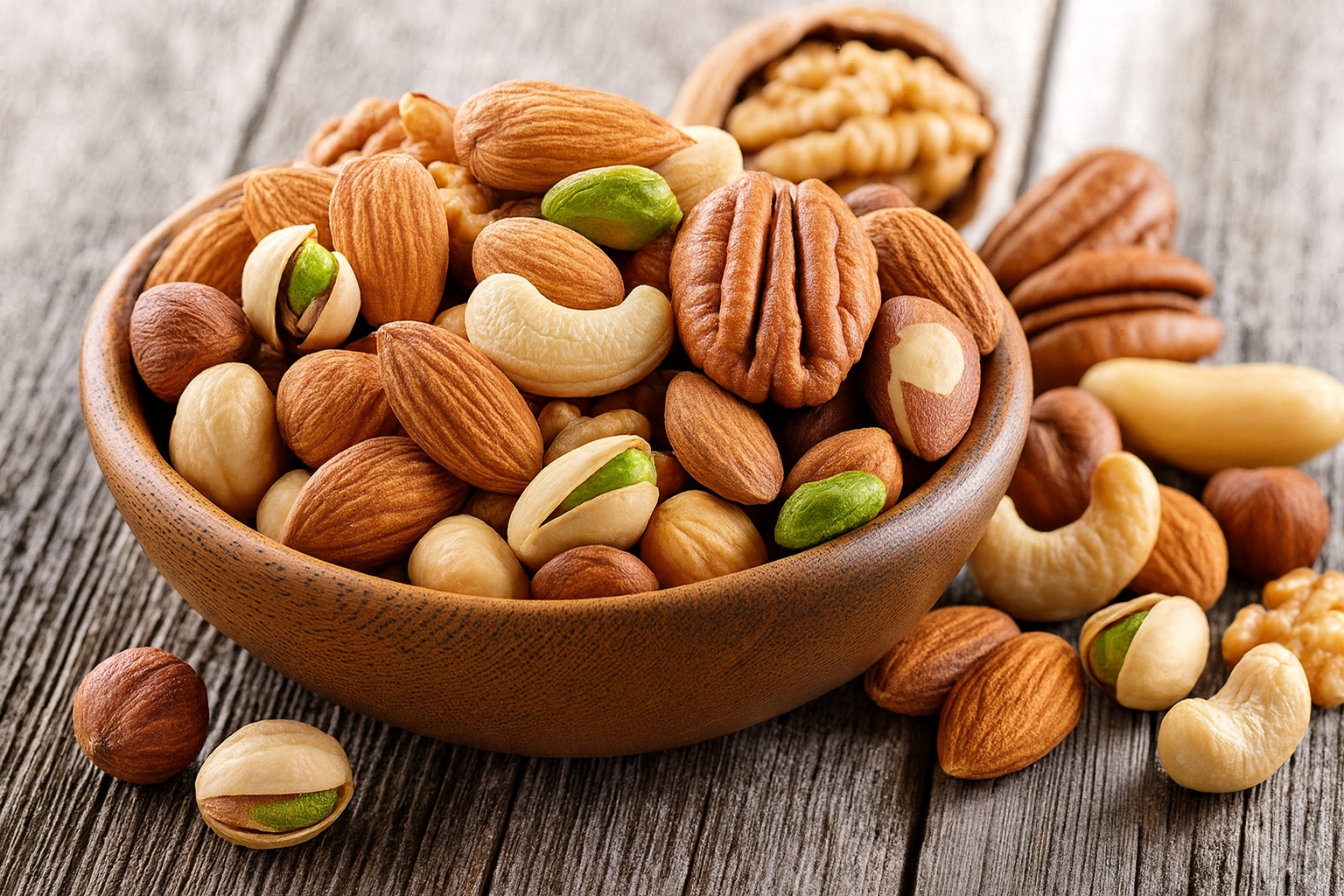
7 Magnesium-Rich Nuts and Seeds to Add to Your Diet
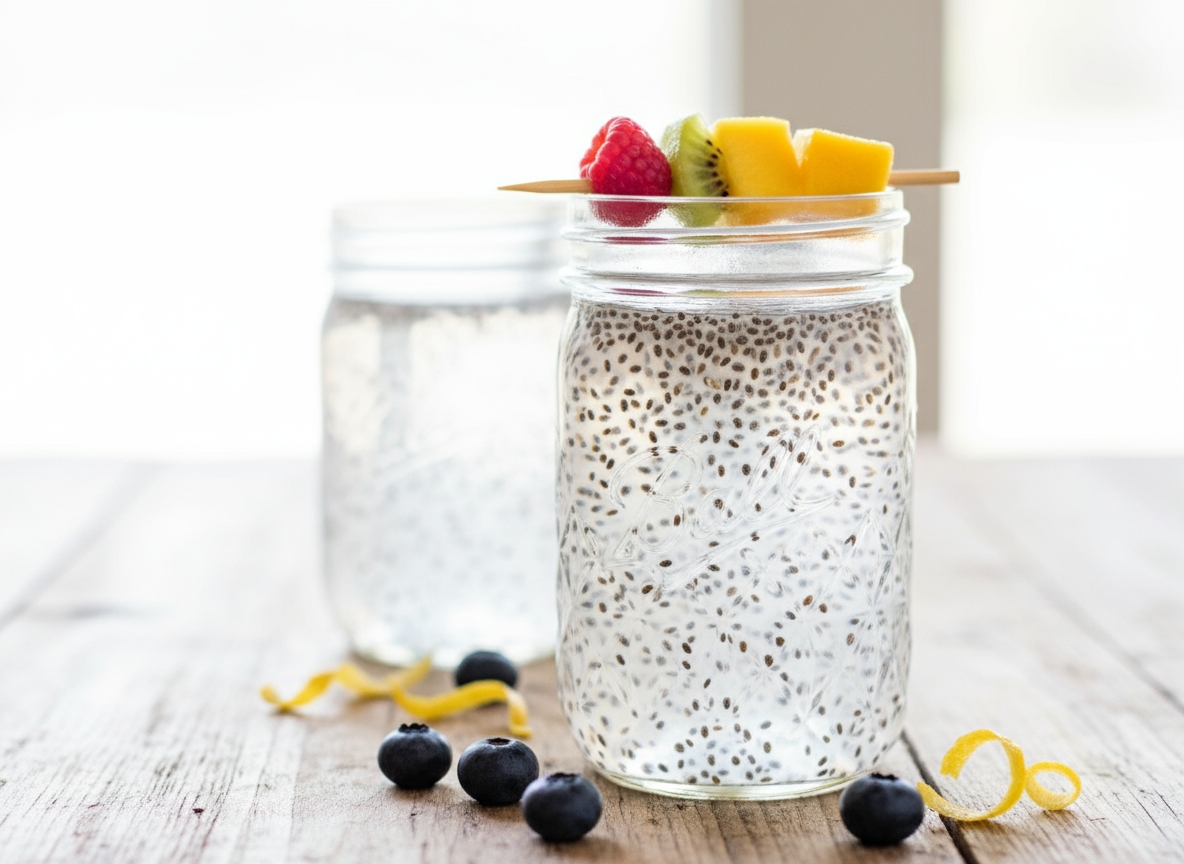
7 High-Fiber Foods That Beat Chia Seeds for Digestive Health
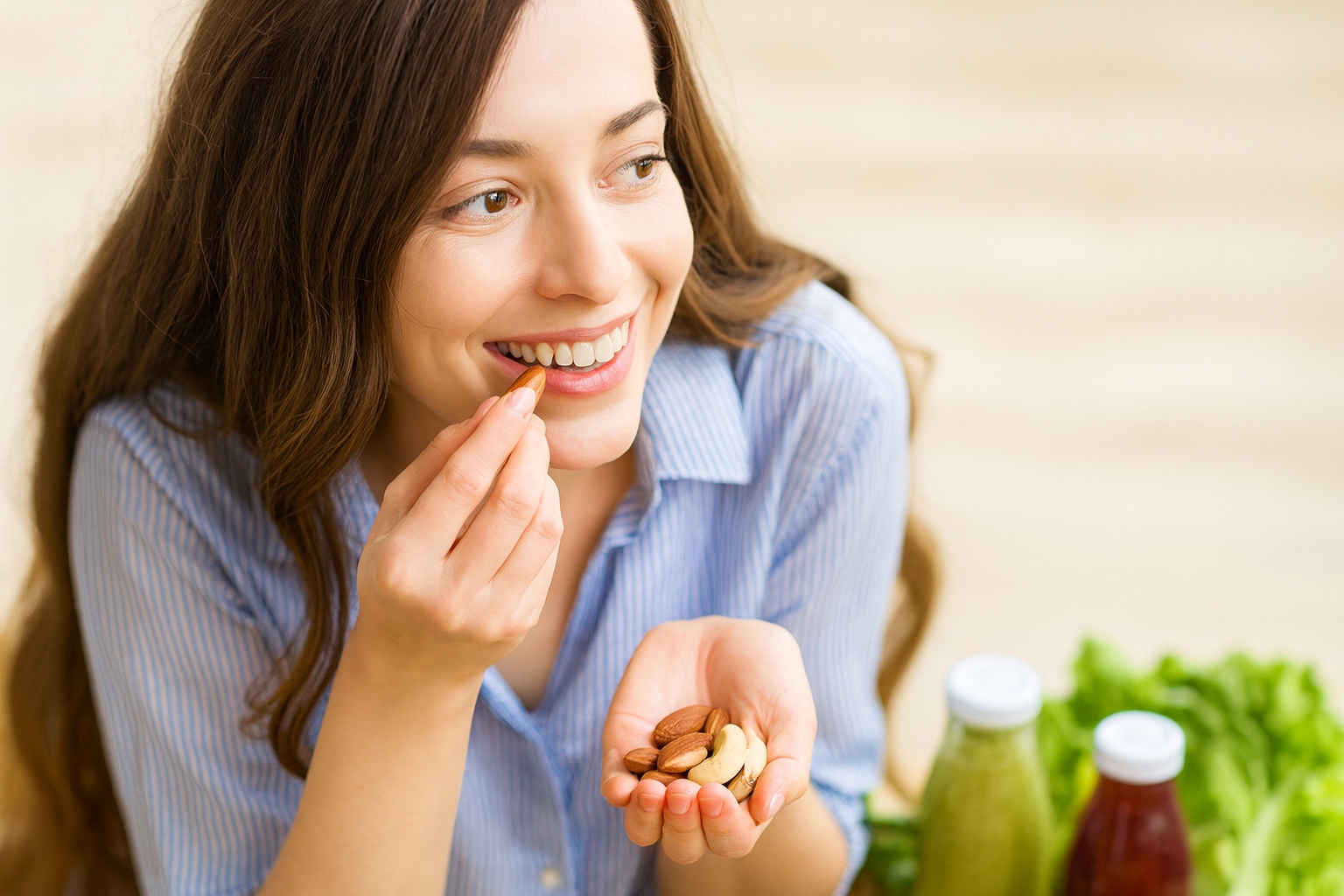
Healthy and Filling: 15 High-Protein Snack Ideas
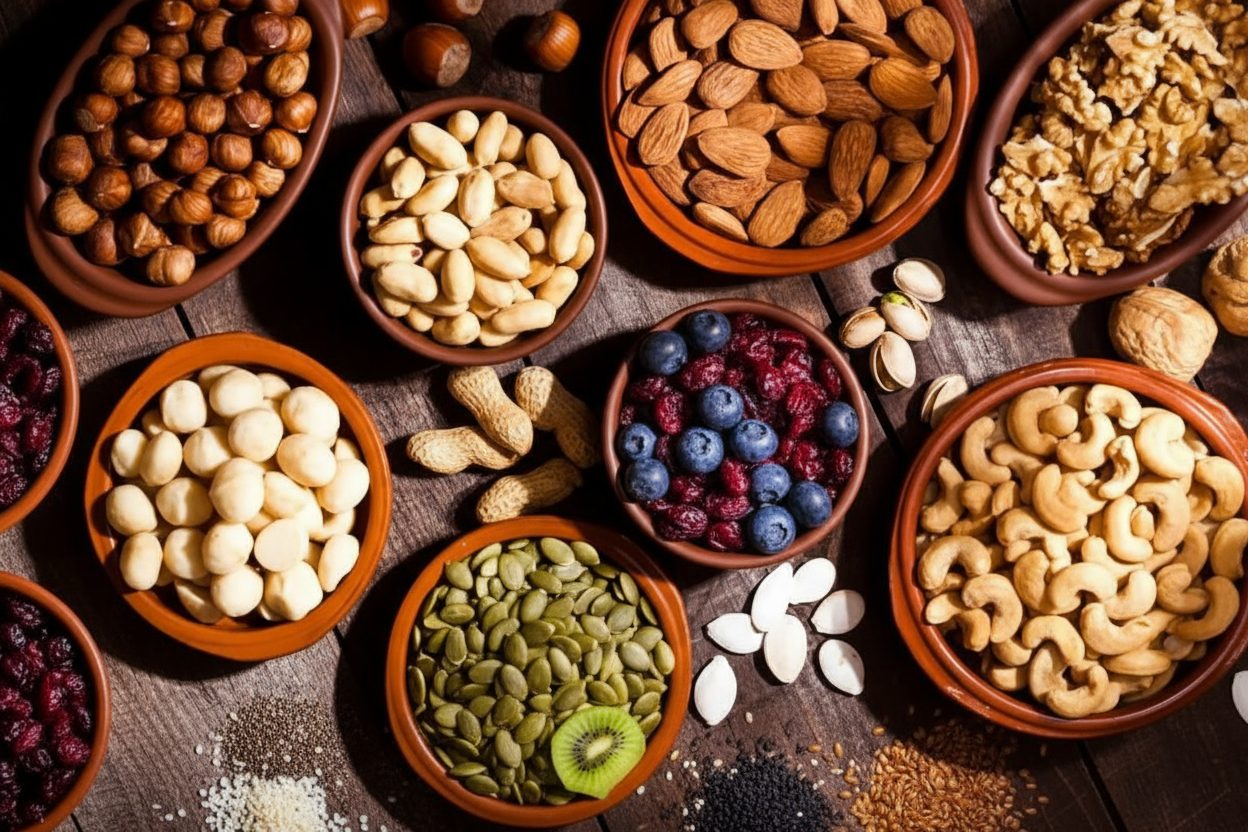
The 10 Best Protein-Rich Nuts for Energy and Satiety

The Best 10 Fiber-Rich Foods for Healthy Weight Loss
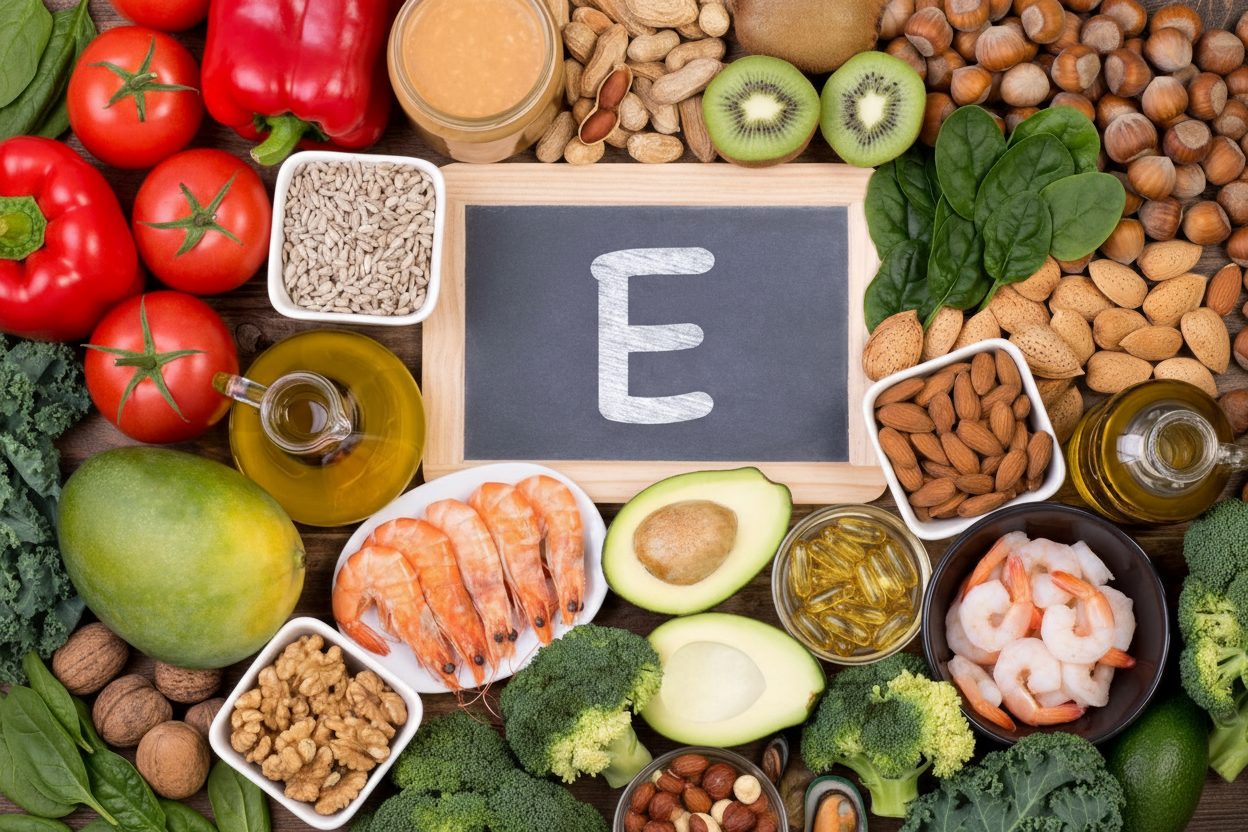
5 Nutrient-Rich Foods That Deliver More Vitamin E
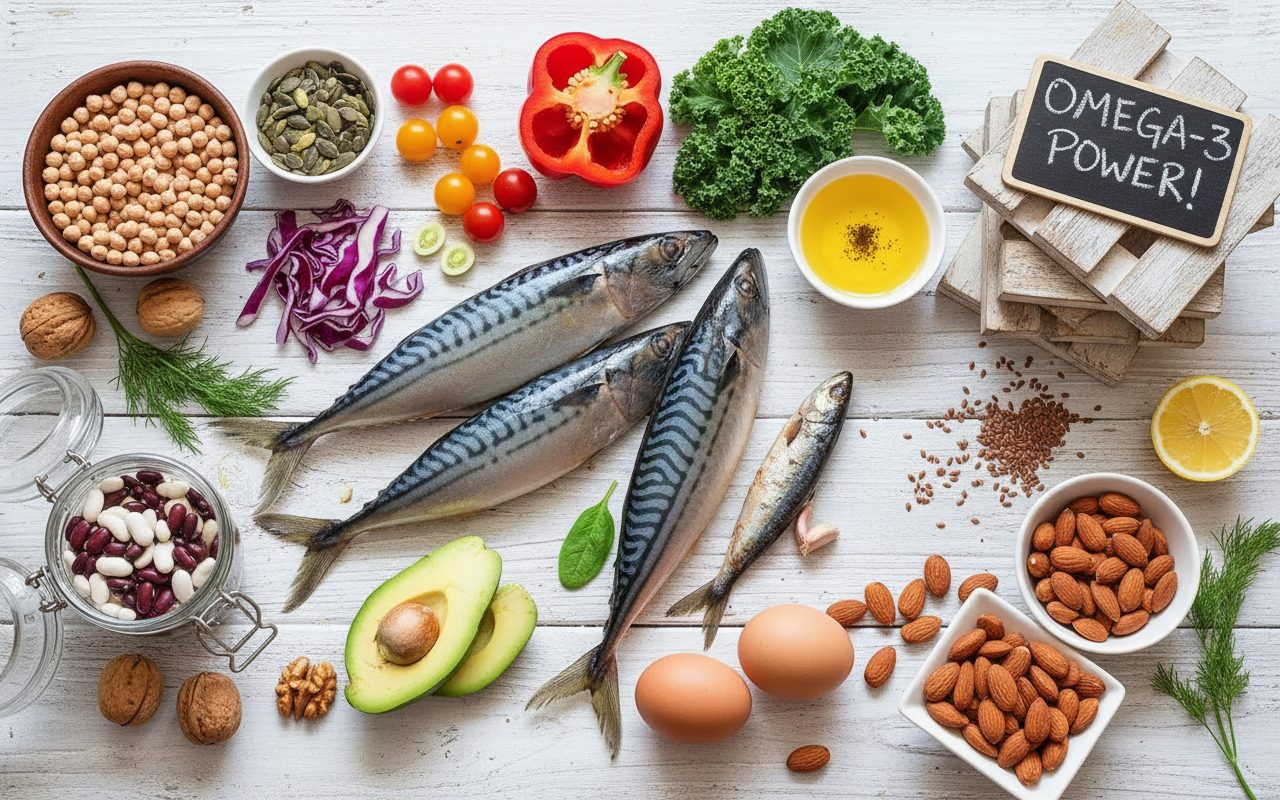
7 Nutrient-Dense Foods High in Omega-3 Fatty Acids

Smart Weight Gain: 3 Foods That Help You Build Strength

10 Nutrient-Packed Foods That Promote Hair Growth and Scalp Health
